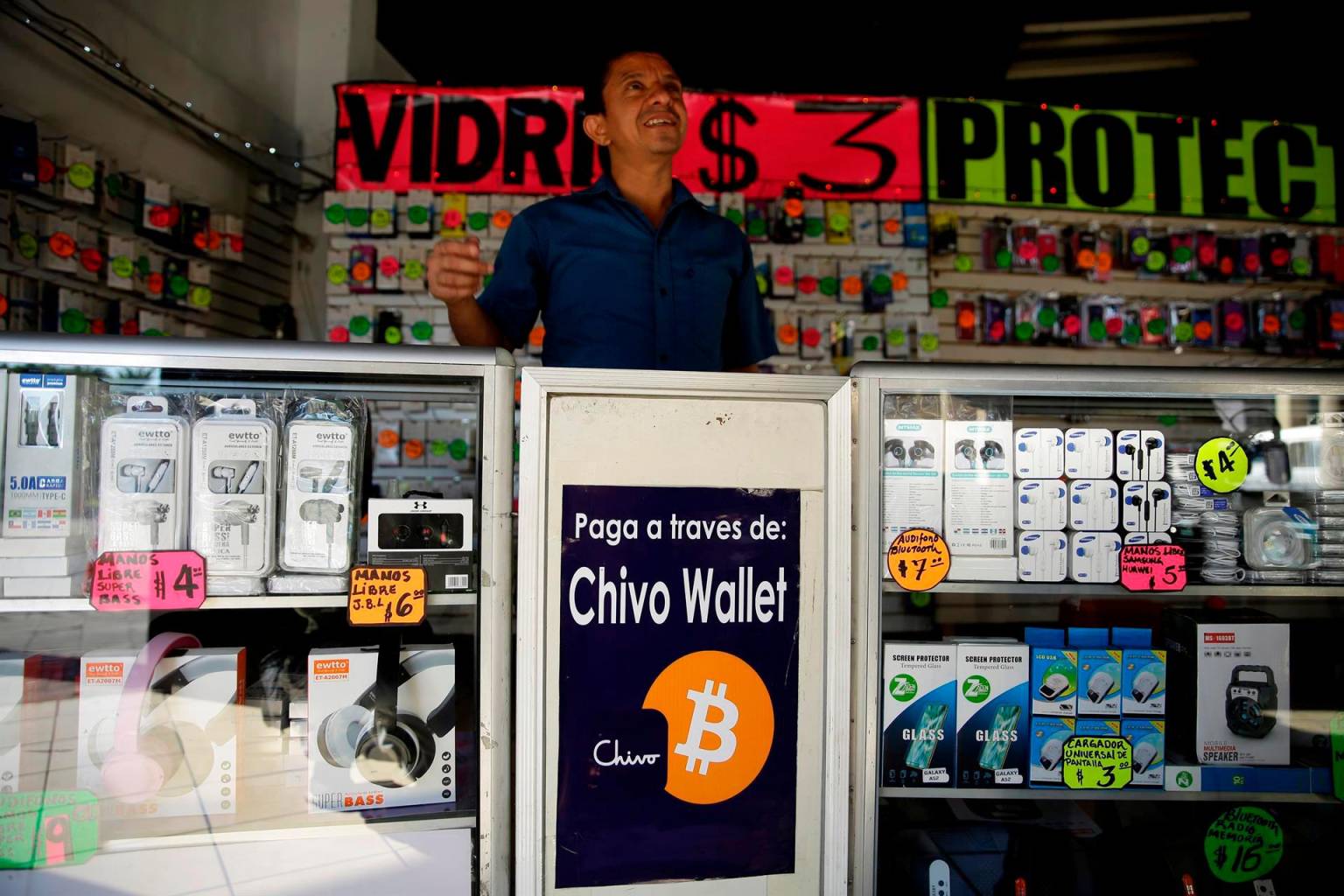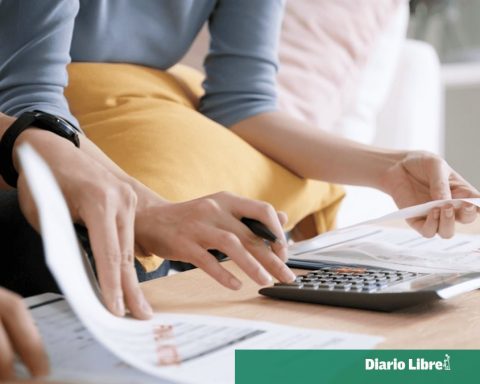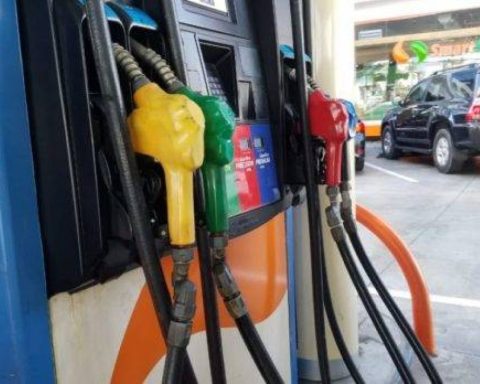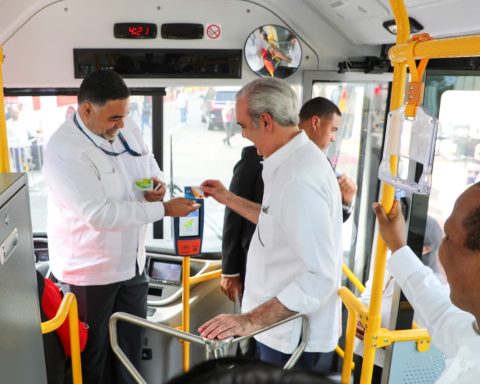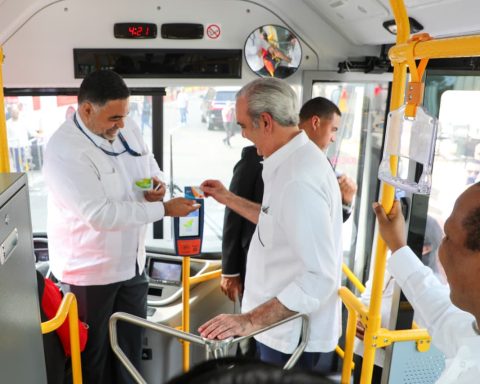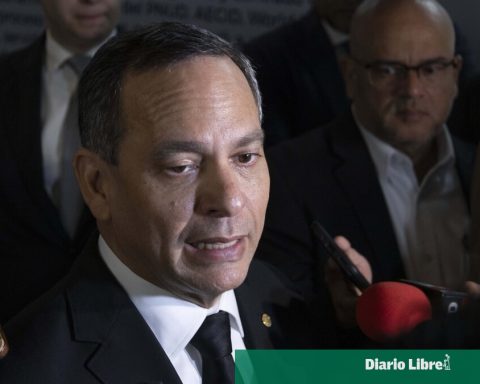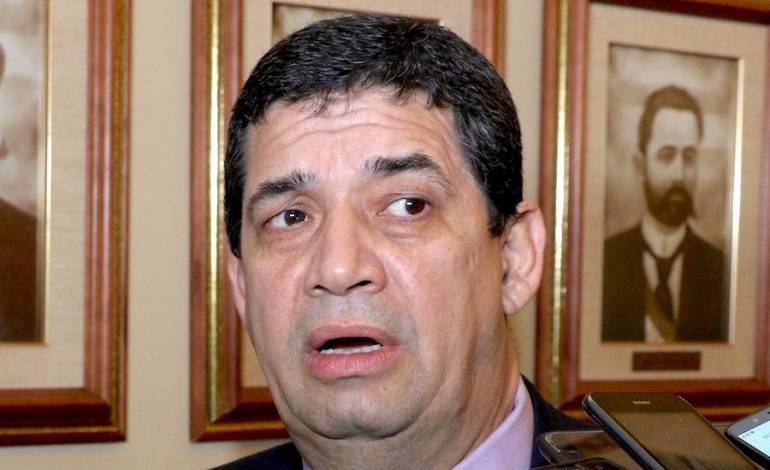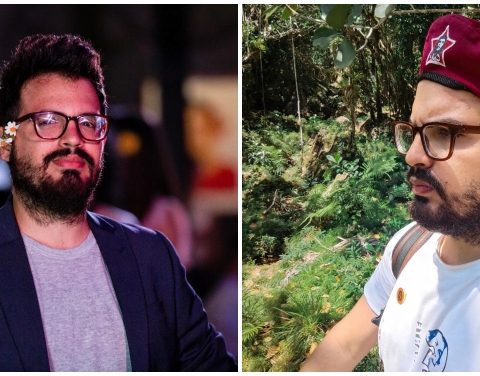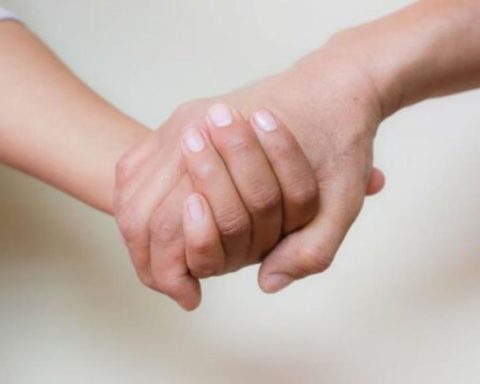El Salvador marks three months this Tuesday since the implementation of bitcoin as a payment currency alongside the US dollar, amid the expectations generated by the announcement of the construction of what is expected to be the world’s first “bitcoin city”.
Despite the warnings, on September 7, the Central American country became the only nation in the world to adopt the most popular of cryptocurrencies.
This period has been marked by low acceptance among Salvadorans, the “gains” left to the Government, the lack of transparency in the management of state funds, and reports of alleged identity theft to collect a bonus.
Added to the above is the announcement by President Nayib Bukele, on November 21, of a project called “Bitcóin City”, a project initially financed with bonds of said cryptocurrency.
A “risky” project
As announced, the city will be built near the Pacific in the Gulf of Fonseca -which El Salvador shares with Honduras and Nicaragua-, no taxes will be paid -except for the 10% value added tax (VAT) -, and the Government will issue bitcoin bonds for 1 billion dollars.
A total of 500 million dollars would be used by the government to buy bitcoin and the other half will go to infrastructure.
For the economist Ricardo Castaneda, from the Central American Institute for Fiscal Studies (Icefi), the project is “risky” and the announcement that El Salvador places bonds backed with bitcoin “is actually a desperate measure.”
Castaneda pointed out that, according to the little information available, in El Salvador “a kind of stock exchange would be created where these bonds would be placed.”
“If this goes well, President Bukele will be an example and will be able to tell multilateral organizations and the international community that we do not need them, but if this goes wrong, the whole population is going to lose,” he warned.
The economist, Icefi country coordinator for El Salvador and Honduras, pointed out that the project, which he also considers an “experiment”, “requires an entire institutional architecture to get it going and one of the points that should not be missed. The view is how the traditional financial system is going to react to this ”.
In addition, he stressed that it would be necessary to create “special legislation” because the country “does not have the institutional framework or the legal framework to do so.”
“Even when it believes it (the legal framework), if so, we will have to wait how the rest of the countries see El Salvador”
He added that “it seems extremely serious” that in what would be a special economic zone, “a company or investors are never going to pay taxes and when a person does not pay taxes it means that someone else will have to assume it, and that someone else is the whole General population”.
“An illusion”
The economist considered that the announcement of the Bitcoin city “is like selling an illusion for bitcoiners and that with that they have an incentive.”
He explained that it has been said that the Government would place 1,000 million dollars at an interest rate of 6.5% and “any investor with a little knowledge of finance would never buy from the Government, at this time, bonds at such a low rate. ”.
“This means that the bet that the president is making is that those who buy this type of instrument are people who are so in love with the bitóin and that they will not mind taking into account that in El Salvador there is a lot of risk and that the financial situation it’s very complicated, ”he said.
And he added: “We are going to see if the Bitcoin City announcement is really so powerful as to make bitcoiners fall in love and practically close their eyes to reality and lend the money to the Government. The challenge is very great ”.
Salvadorans prefer the dollar
According to a recently published survey, more than 91% of Salvadorans prefer the dollar.
The study by the Centro de Estudios Ciudadanos (CEC) of the private Francisco Gavidia University indicates that, when presenting the option of both currencies, 91.4% of Salvadorans favor the dollar, 4.9% for bitcoin and 3.7% do not. answered.
However, when asked about the decision to adopt bitcoin as a currency, 35% said they were in favor and 40% against it.
Last July, the CEC asked Salvadorans about this decision and 53.5% considered it not correct, 24% not very correct, 12.9% correct and 6.5% very correct.
At that time, 95% of Salvadorans believed that the dollar gave “financial stability to their family economy”, while 1% favored bitcoin.
Salvadorans cannot know the use that the Government makes of more than 200 million dollars approved by the Legislative Assembly and about 1,000 people have denounced the impersonation of their identity to collect a bonus of 30 dollars for the use of the wallet government digital.
On the other hand, the Government announced the construction of a veterinary hospital with the “proceeds” from the revaluation of the bitcoins bought and also the construction of the first “bitcoin city”.
